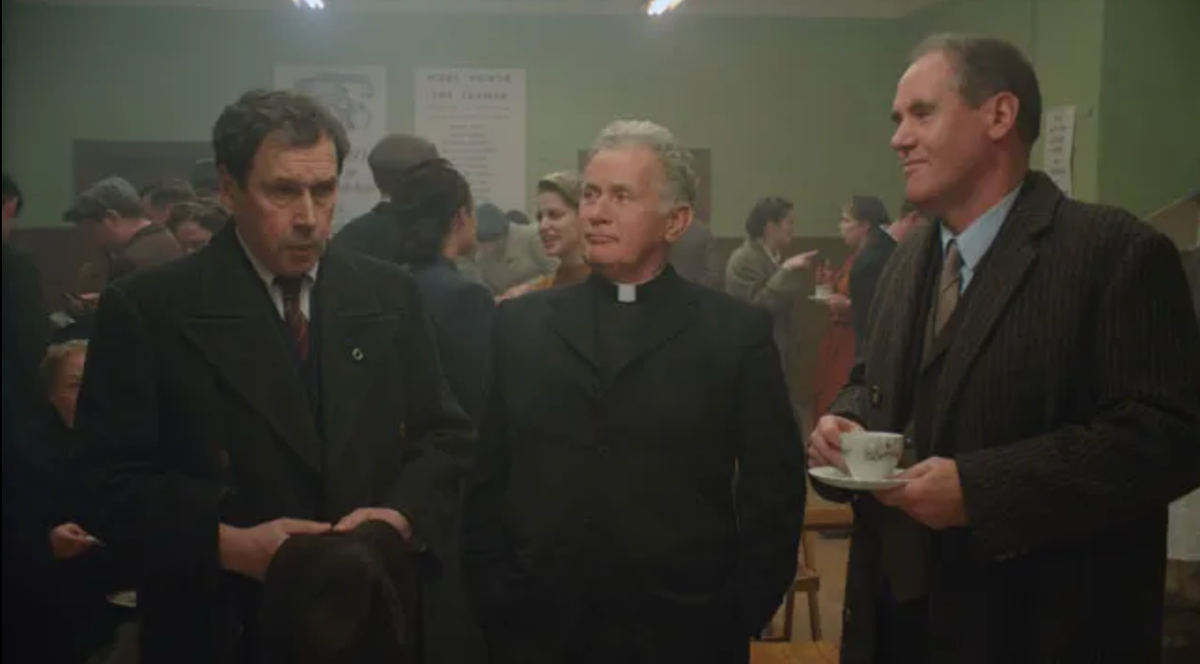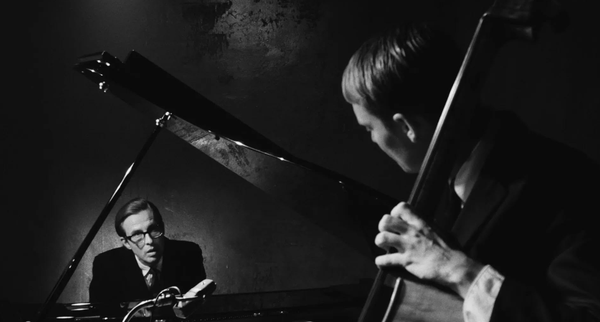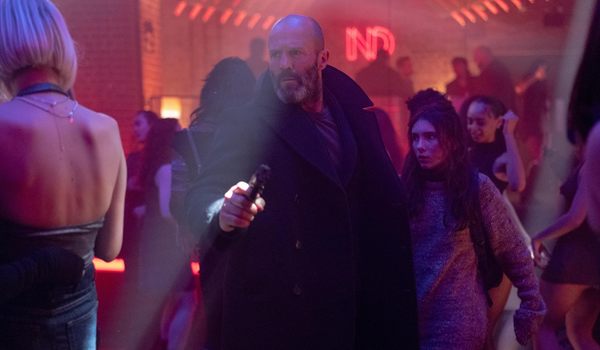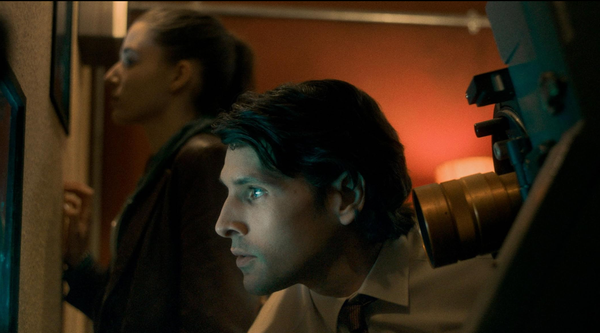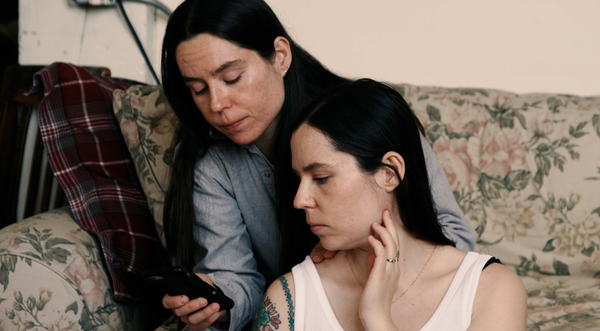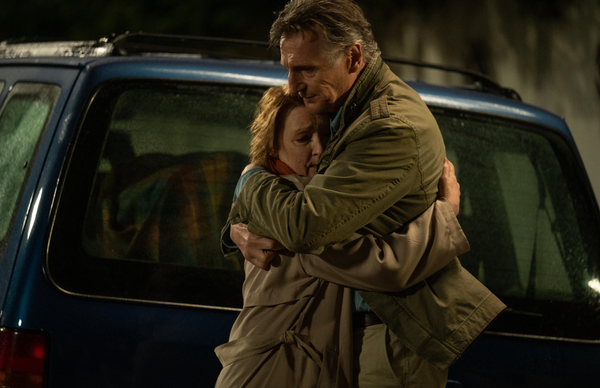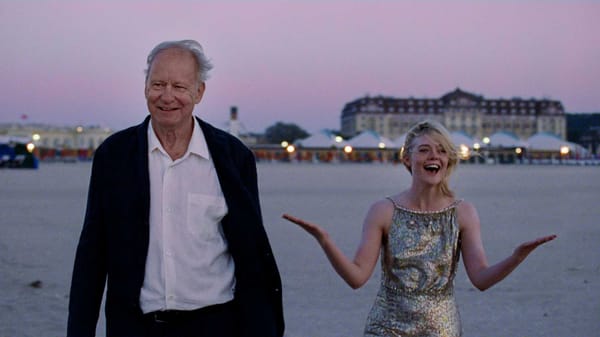Dakota Heveron takes a look back at Thaddeus O'Sullivan's Stella Days
A relatively unknown and underrated film, Stella Days is a striking examination of Irish culture and the ingress of cinema set against the backdrop of the largely conservative 1950s. Based on the book Stella Days: The Life and Times of a Rural Irish Cinema by Michael Doorley, the film centres on the building of a picture house in the town of Borrisokane. This is the brainchild of the parish priest, Father Daniel Barry (Martin Sheen), and so arises the inextricable relationship between church and culture in a rural Irish town.
Father Barry himself is a bit of an outsider in his own parish. Having studied in America and spent several years in Rome, there is an inevitable ‘otherness’ ascribed to him. Without necessarily tackling the weighty topic of emigration in Ireland, the film uses the character of Father Barry and others to touch on the emotional effects on those who left the country and subsequently returned. In the case of Father Barry, there is inherent conflict: the pull between the life established abroad and the home left behind. While he longs to return to Rome, he also aspires to share his love of cinema with his parishioners. He can be seen attending a showing of the 1944 production Cover Girl, one of the countless musical films churned out by Hollywood at the time, and offers a quote from The Great Dictator to a less than receptive local politician, Brendan McSweeney (Stephen Rea).
The attitude of the Irish church towards cinema is most clearly illustrated in the film by a pastoral letter Father Barry is required to read to his congregation. In the letter, the bishop warns against the immorality and debauchery of Hollywood, calling for an upholding of Gaelic culture and values. Such values as morality and family are set up in the characters of Molly and her son Joseph (Marcella Plunkett and Joseph O’Sullivan), as well as Tim Lynch (Trystan Gravelle), a schoolteacher from Dublin who rents a room from Molly. Of course, things are rarely ever black and white, and throughout the film these characters challenge the societal expectations placed upon the family unit, and their hypocrisies.
It is not only values that are challenged, but a way of life, as the film takes place during a time when electricity was being introduced to rural Irish villages. While some of the townspeople are excited about the new technology, others are sceptical and even suspicious of its consequences. For one elderly woman, the introduction of electricity even constitutes an existential crisis as, after seeing a light bulb being switched on, she questions Father Barry about the nature and existence of heaven.
The film settles itself in a town caught between tradition and the beginnings of modernisation, between religious devotion and its own cynicism. Understated and poignant, it is directed by Irish filmmaker Thaddeus O’Sullivan and features strong performances from Stephen Rea and Marcella Plunkett, as well as (then) up-and-coming Welsh actor Trystan Gravelle. There is irony in the casting of Martin Sheen in the lead, an American actor with Irish heritage, and the film makes a reference to Rex Ingram, an Irish film director who moved to America to make Hollywood movies. Something quite Meta.
Nothing shy of exceptional, Stella Days explores the culture of Ireland in the fifties with parallels to the present. This is a piece of cinema that is, in itself, a love letter to the form and well worth another look back if anyone missed it the first time around.
Stella Days is available to stream online now.

